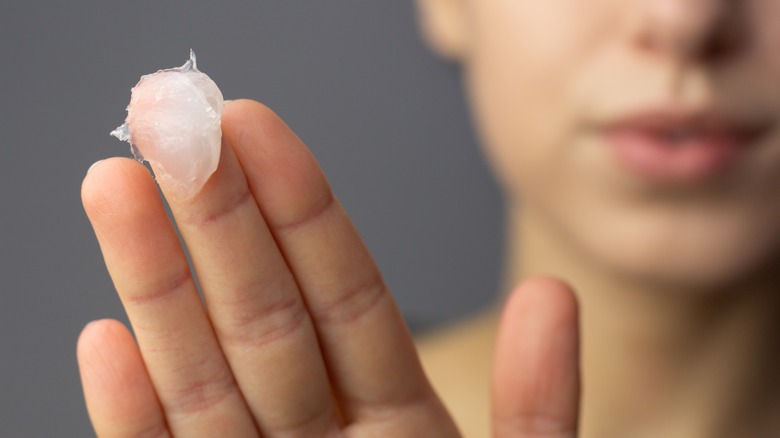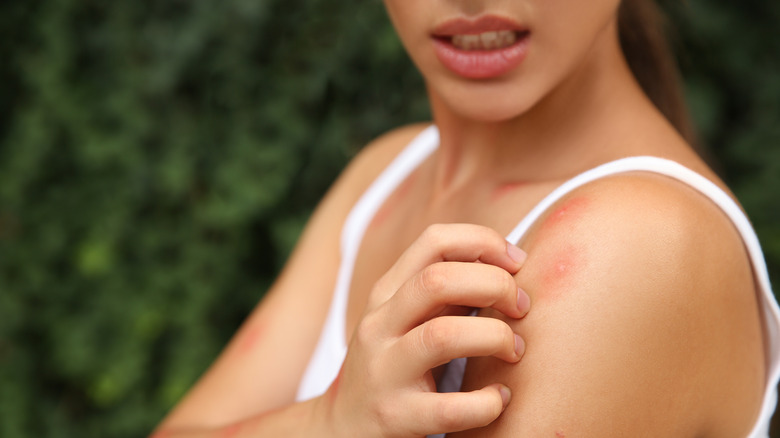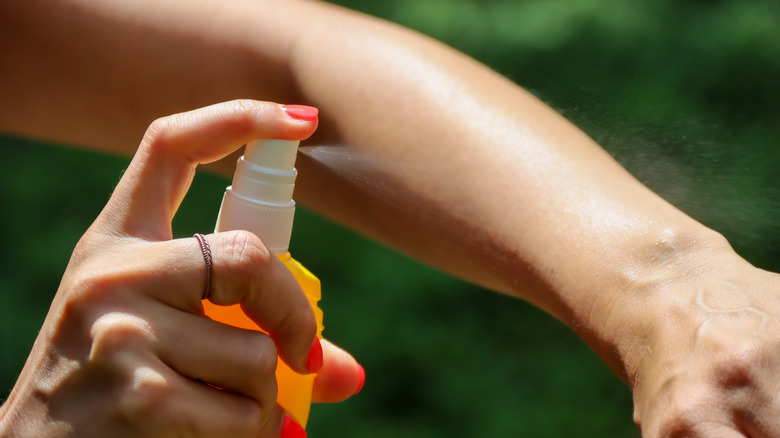Can Vicks VapoRub Really Ward Off Pesky Mosquitoes?
There's a common belief that Vicks VapoRub can double as a mosquito repellent. While this claim is intriguing, it's also up for debate.
The idea that it might repel mosquitoes is based on the presence of ingredients like thymol oil. Interestingly, a 2021 study in Scientific Reports found this oil to be effective against some mosquito species. While it isn't a primary ingredient in VapoRub, its presence does spark curiosity about the product's potential secondary benefits.
When exploring Vicks VapoRub's potential as a mosquito repellent, it helps to understand the purpose of the original formulation. Developed in the early 20th century, it has been a long-standing remedy for cold symptoms. Its blend of camphor, eucalyptus oil, and menthol provides a soothing sensation and relief for congestion and coughs. The product's consistency, designed for topical application, and its strong aroma make it easily recognizable.
However, there's no evidence that it works effectively as a mosquito repellent. Indeed, people often turn to everyday products or homemade mosquito repellents before seeking out specialized products. This is part of the broader trend toward finding creative solutions with what's available. However, while some of VapoRub's ingredients are commonly found in natural repellent recipes, the product as a whole is not optimized for this function. Its formulation and consistency differ significantly from typical mosquito repellents, which are usually sprays or lotions designed for easy application on skin and clothing.
Examining Vicks VapoRub's efficacy as a mosquito repellent
While VapoRub contains certain ingredients known for their mosquito-repelling properties, their concentrations are not substantial enough to make it a reliable repellent. For a product to successfully repel mosquitoes, the Centers for Disease Control and Prevention (CDC) says it must contain 10% of active chemicals that are recognized to prevent mosquitoes. But these ingredients only make up around 8.5% of the mix in VapoRub. While menthol, camphor, and eucalyptus oil can help keep mosquitoes away, the amount of oils used in VapoRub is not strong enough to effectively keep mosquitoes away.
Another aspect to consider is the consistency of VapoRub. Given that it is designed for topical application on the chest and throat, its texture may not be ideal for use as a mosquito repellent since it's quite thick.
It also contains petroleum jelly, which doesn't absorb easily into the skin. Considering that mosquito repellents are applied frequently on exposed skin and clothing, Vicks VapoRub might give messy results.
Other concerns include the longevity and extent of VapoRub's mosquito protection. Effective mosquito repellents not only repel insects but also offer sustained protection — some going up to six hours. Vicks VapoRub may not guarantee such performance.
Its efficacy as a mosquito repellent in various environmental conditions, such as high humidity or during different times of the day when mosquitoes are most active, is also questionable.
Key ingredients for effective mosquito repellents
When choosing a mosquito repellent, it's important to look for certain key ingredients that have been proven to be effective. Guidelines from the CDC highlight several components to look out for. These include DEET, picaridin, IR3535, and oil of lemon eucalyptus. After undergoing extensive testing, every one of these components has been proven to offer significant mosquito protection.
Most people have probably heard of and used DEET (N,N-diethyl-meta-toluamide) insect repellent. Several studies have repeatedly shown how efficient it is at keeping a variety of mosquito species at bay.
Another powerful component is picaridin. It is claimed to smell better and cause less skin irritation than DEET.
More recently added to the list of repellents with proven efficacy is IR3535. This repellent works especially well in products with larger concentrations.
More people are also opting for lemon eucalyptus oil, which is made from the Eucalyptus citriodora tree's leaves, as a natural repellent. If you prefer to repel bugs naturally, it offers a more natural option to DEET or picaridin, but is not as long-lasting.
Popular brands that incorporate these ingredients include OFF!, Cutter, Sawyer, and Ranger. To accommodate a range of demands and tastes, each provides a selection of products with various active ingredient concentrations.
Finally, it's critical to take into account both the level of protection you require and the particular environment you'll be in when selecting a repellant. For instance, a stronger repellent with a DEET base would be the best option in places where mosquito-borne diseases are common.


